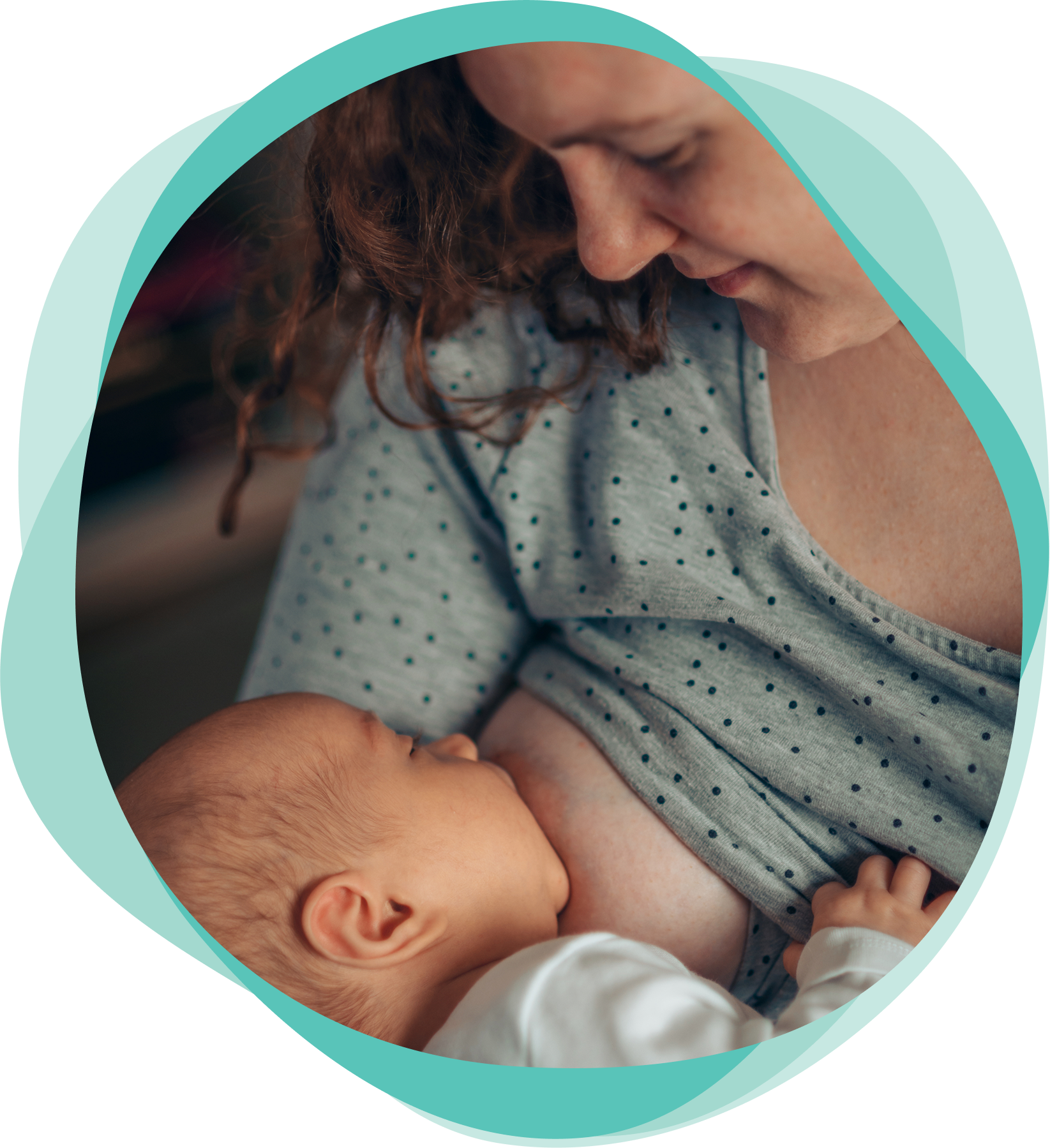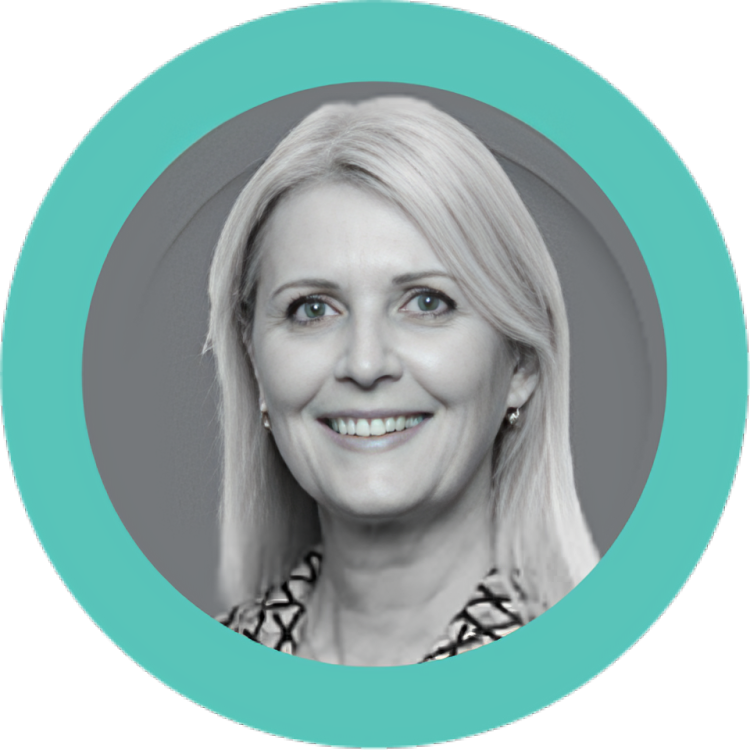Helen Barry, Co-Founder & Chief Research Officer:
When pregnant, I knew I wanted to give breastfeeding a go. When my son was born he was tiny so weight gain was very important. The only way to check was week to week weigh in and pre- and post-feed weight checks. Waiting for results was extremely stressful for me and it was immediately clear that the weigh ins varied wildly with little accuracy. My husband Jamie and I searched the market but no product existed to tell me how much breastmilk my son was getting, I needed immediate and accurate information!
Jamie coincidentally had worked on flow monitoring in another sector; he had an idea of a groundbreaking technology that could be the answer. Rosanne, over many late dinners, listened to us and noticed many other friends with similar issues, we had a vision, saw an opportunity and an idea was born…






